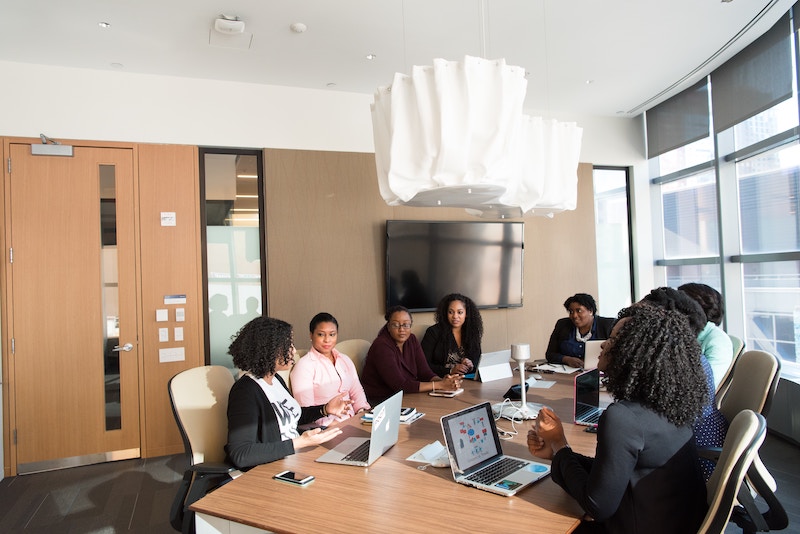‘’Women, especially black women, remain under-represented within managerial positions in both the public and the corporate sectors, although the disparity is more pronounced in the corporate positions” adds Hattia. "Moreover, there are racial considerations where white women predominantly occupy top managerial positions. However, it is important to note that men occupy the majority of top management positions. An additional layer to this would be that these positions are occupied by white men making the root cause multi-layered by the inclusion of both gender and race. One factor is related to the prevalence of gender and racial stereotypes deeply ingrained in societies. These stereotypes often inform biased beliefs about the psychological traits, cognitive competencies and roles of men and women, with women being subjected to expectations and limitations derived from traditional gender divisions of labour.”
The implementation of the Employment Equity Act is to promote transformation and address long-standing workplace discrimination based on the intersection of race, gender, and class is still questionable. Women in South Africa remain severely disadvantaged, and their fight for true equality and social inclusion persists.
"While progress has been made with more women entering the workforce and attaining positions of power, they often face the burden of balancing professional and personal obligations," explains Hattia. "The modern household dynamic has evolved significantly, with fewer traditional male providers and more women pursuing non-traditional professions. However, these advancements are not yet reflected in the statistics. Women-led households continue to encounter challenges such as organisational policies, significant pay gaps, and limited opportunities for advancement."
Achieving genuine gender equality requires collective efforts from individuals, organisations, and policymakers. The BEE Chamber remains committed to promoting gender equality, advocating for inclusive policies, and raising awareness about the barriers faced by women in South Africa.
Read about B-BBEE in the 22nd edition of Top Empowerment:

